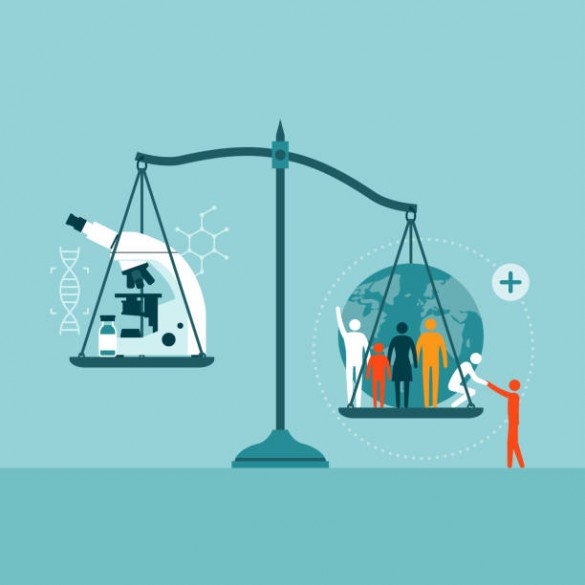
Scientific research and employment play a crucial role in shaping the progress of societies and economies. However, like many other domains, they are not immune to controversies. This article explores some of the major controversies surrounding scientific research and employment, delving into the issues, challenges, and potential solutions. From funding concerns to ethical considerations, we will explore how these controversies impact the scientific community, job seekers, and society as a whole.
1. The Funding Dilemma
1.1 Insufficient Government Funding
One of the primary controversies in scientific research revolves around the inadequate funding provided by governments. Many researchers struggle to secure necessary funds for their projects, hindering innovation and progress.
1.2 Corporate Influence on Research Funding
Another concern is the influence of corporations on research funding. Some worry that corporate interests may prioritize profit over the pursuit of unbiased scientific knowledge.
2. Ethical Considerations in Research
2.1 Human and Animal Testing
Ethical dilemmas arise when scientific research involves human or animal testing. Striking the balance between potential benefits and ethical concerns remains an ongoing challenge.
2.2 Data Privacy and Consent
In the era of big data, questions about data privacy and consent become increasingly relevant. Researchers must navigate the ethical landscape of using personal data for scientific purposes.
3. Gender and Diversity in Employment
3.1 Gender Bias in Science and Technology
The underrepresentation of women in science and technology fields sparks debates about gender bias and discrimination in employment.
3.2 Lack of Diversity in Research Teams
A lack of diversity in research teams can hinder innovation and lead to biased outcomes. Addressing this issue is essential for promoting inclusivity and varied perspectives.
4. Scientific Integrity and Reproducibility
4.1 Replication Crisis
The replication crisis raises concerns about the reliability and validity of scientific studies. Ensuring research results can be replicated is vital for building trust in scientific findings.
4.2 Fraudulent Practices
Instances of scientific misconduct and fraud erode public trust in the scientific community. Establishing robust mechanisms to detect and prevent such practices is critical.
5. The Job Market for Scientists
5.1 Oversupply of Ph.D. Graduates
The job market for scientists, especially Ph.D. graduates, can be highly competitive due to an oversupply of qualified individuals.
5.2 Job Insecurity
Many researchers face job insecurity, relying on short-term contracts and grants, which can impact their ability to focus on long-term projects.
6. Balancing Academic and Industry Careers
6.1 Academic vs. Industry Paths
Choosing between academic and industry careers presents dilemmas for researchers, each with its own unique opportunities and challenges.
6.2 Industry Funding for Research
The involvement of industries in funding research projects can raise concerns about objectivity and potential conflicts of interest. Controversies in scientific research and employment reflect the complex nature of these domains. Addressing funding issues, ethical dilemmas, diversity, and scientific integrity is crucial for fostering a thriving and trustworthy scientific community. As we navigate these challenges, collaboration between policymakers, researchers, and society at large is essential to create a better future driven by science and innovation.
IT Support Technician: A Guide to a Rewarding Career in Technology
Software Developer/Engineer: A Comprehensive Guide to Building a Successful Career
India's Stellar Odyssey: ISRO's Triumph of Innovation and Determination